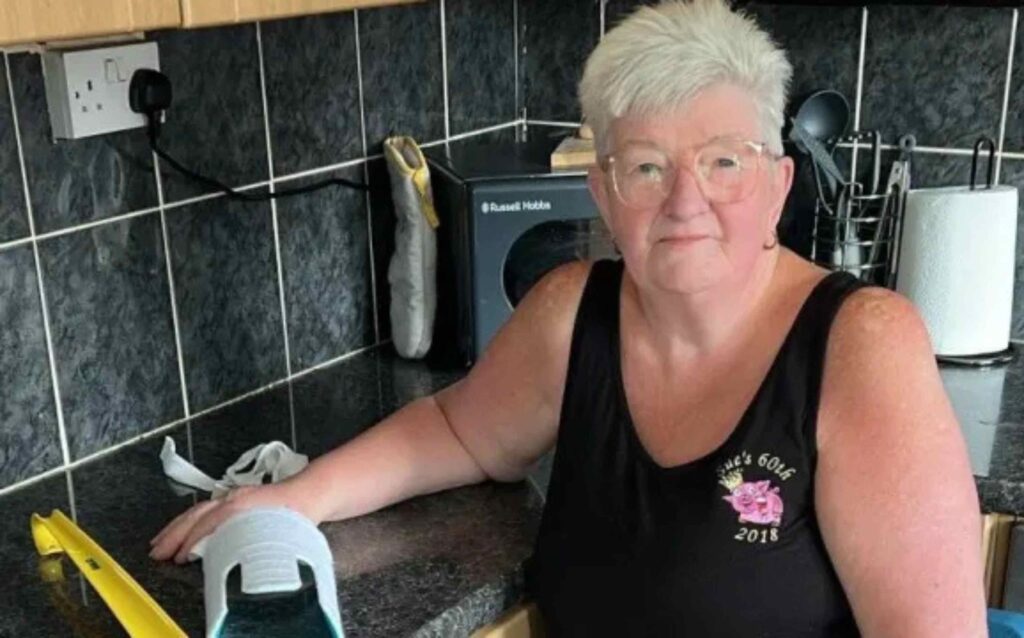
Featured in iNews: ‘I’m 66 and rely on PIP – benefits cuts would plunge me into poverty’
May 23rd, 2025 by FB4J AdminREAD NOW: https://inews.co.uk/news/im-66-rely-pip-benefits-cuts-plunge-poverty-3706982
In a recent article, Aasma Day covered the story of Susan Hardman, a 66-year-old grandmother from Bury, Greater Manchester, who fears devastating financial consequences if she loses her Personal Independence Payment (PIP) under proposed UK government reforms aimed at cutting £6 billion from the welfare budget. Susan suffers from multiple chronic health conditions, including atrial fibrillation and arthritis, which limit her mobility and independence. She currently receives PIP, uses aids for daily tasks, and relies on the benefit to afford essentials such as heating and transportation.
Under the new rules, PIP recipients must score at least four points in a single activity category to qualify. Hardman, who scores lower across several areas, would likely be disqualified. This would also mean losing access to related benefits, such as council tax reductions and free eye tests, glasses, and dental treatment. Having already struggled financially after her husband’s death, she fears returning to poverty, despite owning her home outright
Advocacy groups warn that the cuts will hit over-50s with chronic conditions the hardest, many of whom are unable to return to work due to their health or age. Critics argue that the government should adopt a more holistic approach to assessing need, rather than imposing stricter thresholds that may push vulnerable individuals further into hardship.
Once again, we were pleased to be contacted by Aasma on behalf of iNews to provide our thoughts on Susan’s situation and the proposed changes to PIP. Michelle commented: “Most of our clients who will lose out under the proposals are over 50 and have chronic, physically debilitating conditions.”
“Maybe instead of this arbitrary stand-alone rule for four points in one category, the Government should be looking at the overall assessment itself and scoring in a holistic way.”
“It should consult properly with the disabled community and grassroots organisations like ourselves to understand the overall impact that throwing over a million disabled people on the scrap heap will have on other government-funded services, such as mental health services, care homes, adult services and access to work — all of which already have huge backlogs and are far from perfect.”
Despite government assurances that the reforms will protect those truly in need, Hardman and advocacy organisations remain deeply concerned about the social and mental health fallout.
If you have a spare moment, have a read over the article to find out more about Susan’s story.
